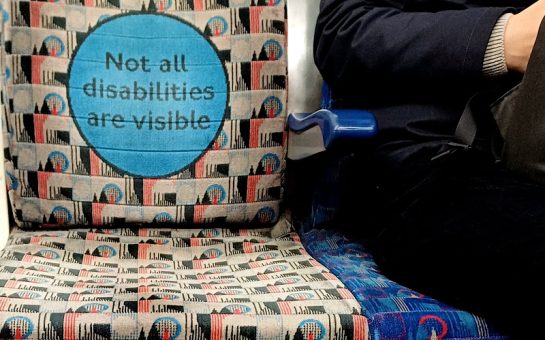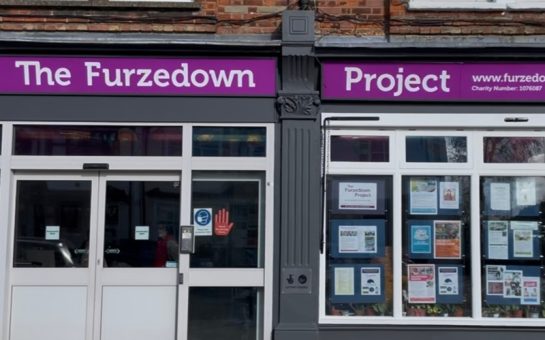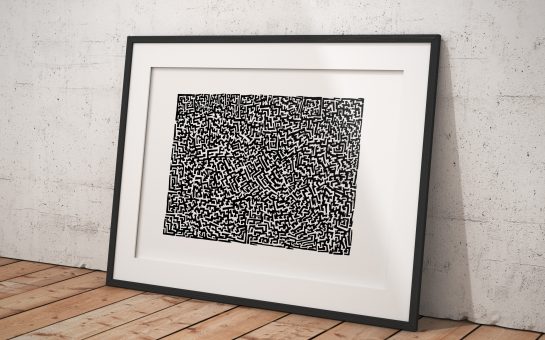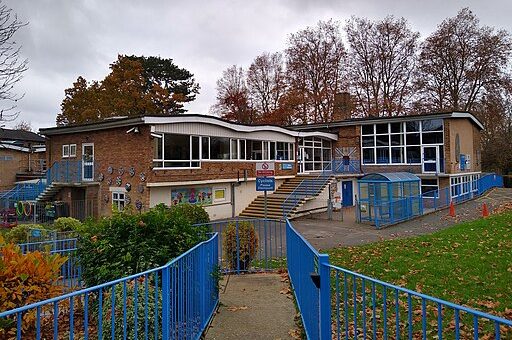By Emma Lindsay
August 24 2020, 12.25
Follow @SW_Londoner
A retired nurse from Wandsworth added her voice to a manifesto urging the government to take action to address the gender inequality of the impact of Covid-19 last month.
Isobel lives with her husband, a retired doctor, and has spent Covid-19 caring for their two disabled adult children who were unable to return to their residential homes after visiting their parents in March.
Isobel’s story is among 168 other lived experiences of women during lockdown that make up The Manifesto of the Many, which was put together to ensure the stories of real women were heard by those in power.
Dr Joanna Martin, founder of One of Many, created the manifesto after the Women and Equalities Committee found that women were one of three social groups to be unequally impacted by Covid-19.
Dr Martin said: “We know that over three quarters of frontline workers are women, we know that it’s women who’ve done the majority of the home-schooling, caring, cooking and shopping. And we know that it’s women who are more likely to lose their jobs in the recession that follows.”
Dr Martin continued: “It felt really critical to represent the exact voices of the women. Every point in our manifesto has been made by one of our women; not on behalf of her. These were the points they made.”
The manifesto includes 23 demands including:
- An urgent review of the membership of COBRA, SAGE and local Resilience Forums to ensure the voices of women are represented in key decision making;
- A review of salaries for high risk, frontline occupations in the public sector to bring them in line with armed forces salaries to reflect the value of occupations safeguarding the health and security of the UK;
- The introduction of a Universal Income to protect the millions of workers who don’t qualify for statutory sick pay in the event they have to isolate.
Committee chair Caroline Nokes said: “Evidence shows that the economic impact has been experienced differentially by women – and in many respects, more severely.”
The findings of the initial inquiry by the select committee have highlighted three social groups in need of further investigation: BAME people, people with disabilities and women.
The inquiries to investigate the unequal impact of Coronavirus are currently open and reviewing evidence in more detail.




